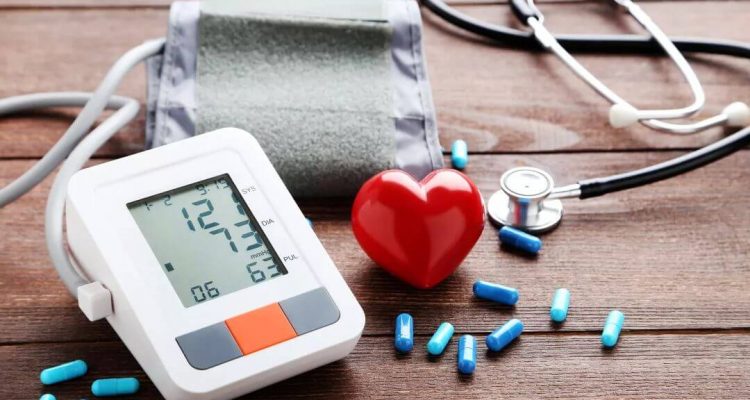
High blood pressure: named foods that should not be consumed
0
High blood pressure and diet are almost always related. You should carefully monitor your diet, as food has a great influence on the level of blood pressure.

This disease, sometimes called hypertension, rarely manifests itself with noticeable symptoms. However, it should be remembered that high blood pressure increases the risk of developing serious diseases, such as heart attacks or strokes, writes Express.
In the UK, around a third of adults have high blood pressure, although many are not immediately aware of it, according to the organisation. Everyone's blood pressure is slightly different, and what is considered low or high for you may be normal for someone else. The only way to check the state of health is to pass the necessary tests.
So, what foods should be avoided with high blood pressure.
Salt
< p>Salt is sodium chloride. This chemical element tends to linger in blood vessels. With high blood pressure, salt consumption should be limited.
- bread and buns;
- pizza and sandwiches;
- sausage products;
- soups and processed meat.
According to Action on Salt, reducing sodium intake from 10 grams per day to 6 grams can lower blood pressure. This can lead to a 16% reduction in death from stroke and a 12% reduction in death from coronary heart disease.
Sugar
Everyone knows that sugar causes obesity, but it is also a major factor in high blood pressure. Sugar disrupts your metabolism, for example by causing your body to produce too much insulin and leptin, reducing sodium and water excretion by the kidneys, and causing blood vessels to constrict. Some sugary foods to avoid are:
- fruit juice;
- sports drinks;
- protein bars;
- syrup.
Alcohol
Too much alcohol can dramatically increase blood pressure, so don't be surprised if you are advised to cut back on your alcohol intake. In addition, many alcoholic beverages are high in sugar and calories, which means that too much can contribute to obesity, which in turn increases the risk of hypertension.

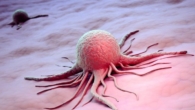

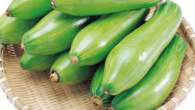

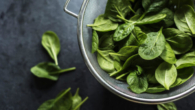

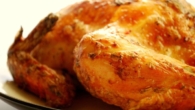

Leave a Reply